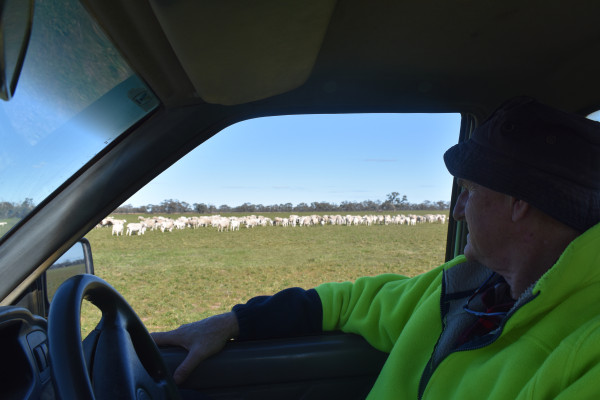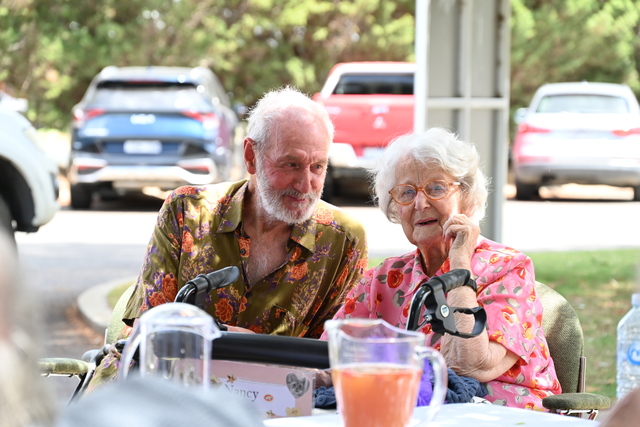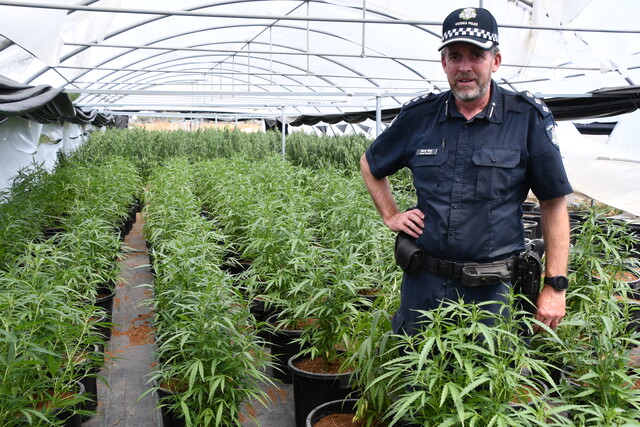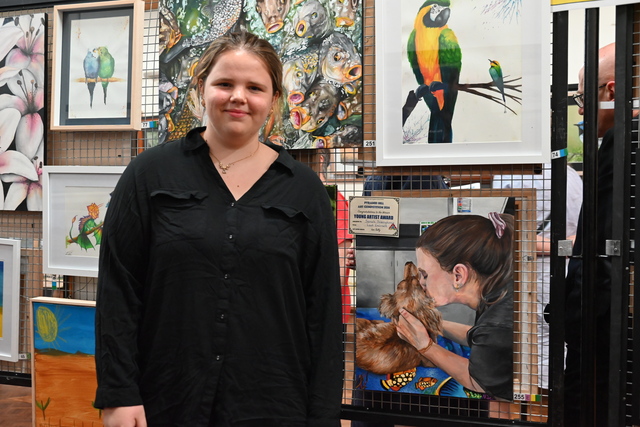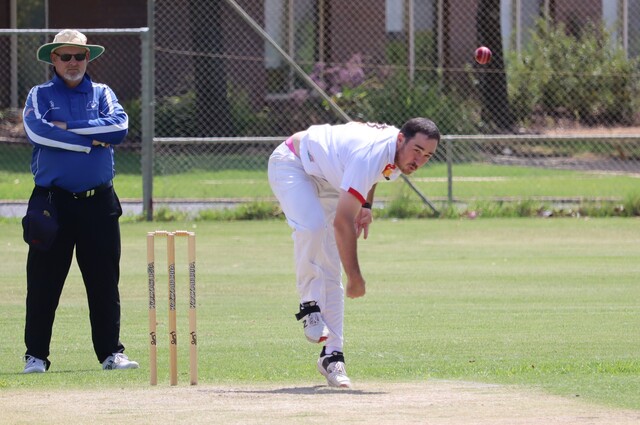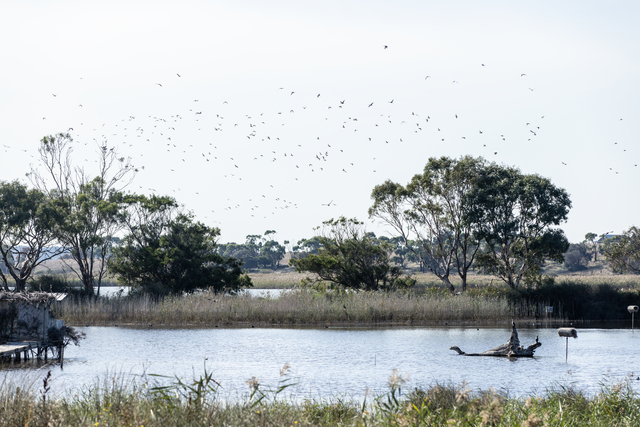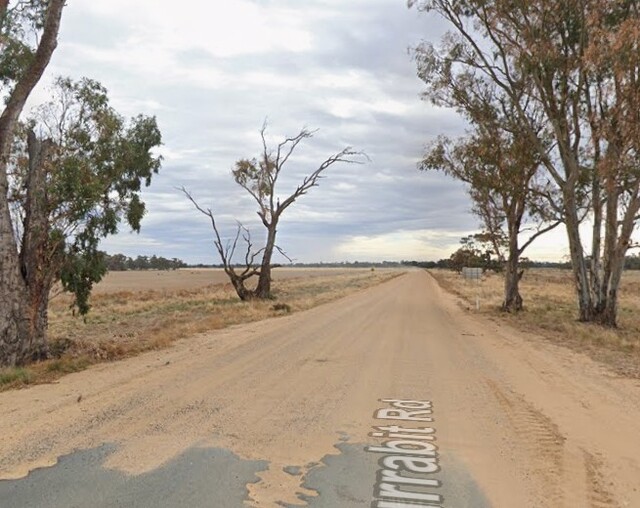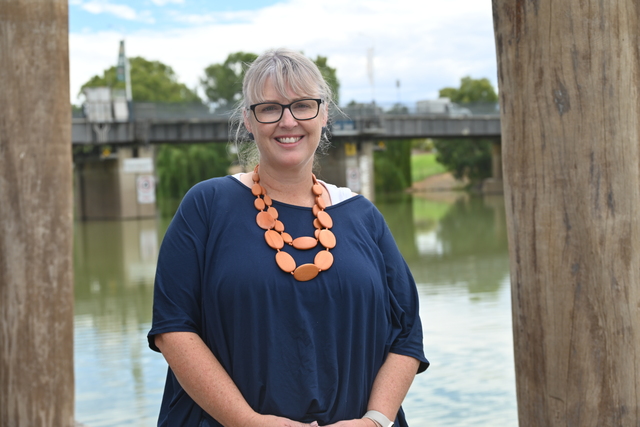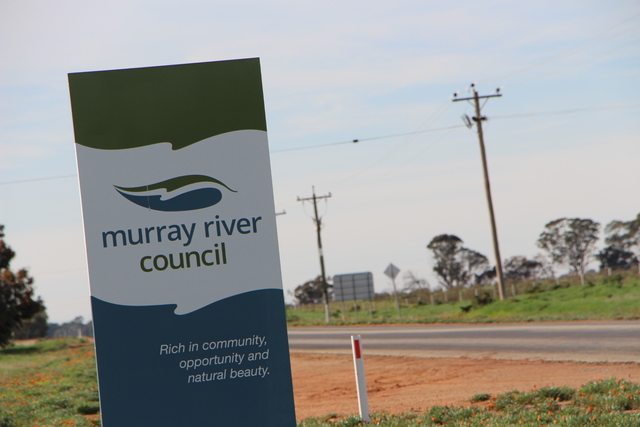AS foot and mouth disease threatens a $32 billion industry and the livelihoods of thousands of farmers, Noorong sheep farmer Bill Moar is anxious for what will happen if it does land in Australia.
“There is a lot at stake here, a hell of a lot at stake,” Mr Moar said.
Foot and mouth disease (FMD) is a highly contagious disease affecting cloven-hoofed animals such as sheep and cattle, in which animals suffer from fever and blisters in their mouth and on their feet. It can pass between animals through their breath, saliva, mucus and faeces.
While it does not affect humans, the disease can live on shoes, clothing and other objects such as tyres and farm equipment.
The threat of FMD has increased since it was detected in Indonesia earlier this year, with about 222,000 Australians on average travelling to Bali alone each year, each the potential to carry the disease back on their shoes or clothing if not properly sanitised.
Minister for Agriculture Murray Watt said Australia’s biosecurity system was already one of the strictest in the world, and the announcement of the addition of sanitation foot mats in international airports would just add another layer of defence on flights from Indonesia.
“The fact is, there is no biosecurity silver bullet – our biosecurity controls rely on a multi-layered approach to mitigate the risk of FMD,” Mr Watt said.
“These sanitation mats will be a physical reminder to passengers to do the right thing to limit any spread of FMD, and will be used in conjunction with our current measures, such as passenger declaration, 100 per cent profiling of all passengers entering from Indonesia, real-time risk assessments, questioning and shoe cleaning.”
While a travel ban to Indonesia has been suggested, Mr Moar doesn’t think it is a necessary precaution at this stage.
“If everybody is doing their job, we shouldn’t need it,” Mr Moar said.
However, the dark reality of what will happen if an FMD outbreak does occur in Australia hit a little closer to home this week as viral fragments of the disease were detected in imported pork products in Melbourne’s CBD.
While there is no live threat of the disease from the fragments, it serves a as reminder of how much is at stake.
“Swan Hill puts through about $35 million worth of livestock through its livestock exchange,” Mr Moar said.
“That translates to a value chain of around five times that, so $150 million value chain goes through those yards.
“That’s just in our little municipality, which is not even concentrated on livestock so much – it’s more horticulture – but that’s how valuable it is across Australia.”
However, for farmers like Mr Moar, an FMD outbreak would mean more than just the loss of income, as the only way to combat and overcome the disease is the humane destruction of infected animals and any animals within a certain distance from those infected – animals they have bred over generations.
“People who are in the livestock game are very passionate about their livestock and their genetics, they are not just hooves running around,” Mr Moar said.
“It’s something you have raised. They aren’t your children, but you have got a big personal attachment to your livestock, and you want to do the best for their welfare.
“Then, to have something come in from outside and see all your hard work go down the gurgler in a short amount of time for circumstances that are way beyond your control, it’s hard.”

